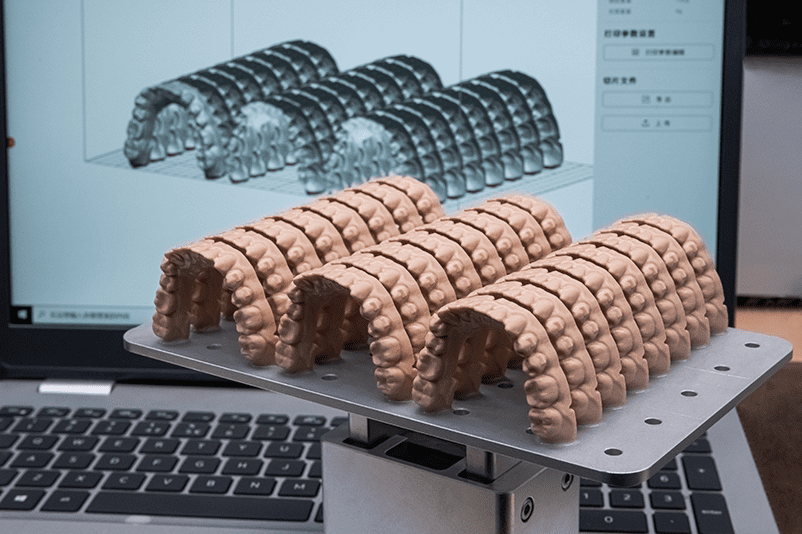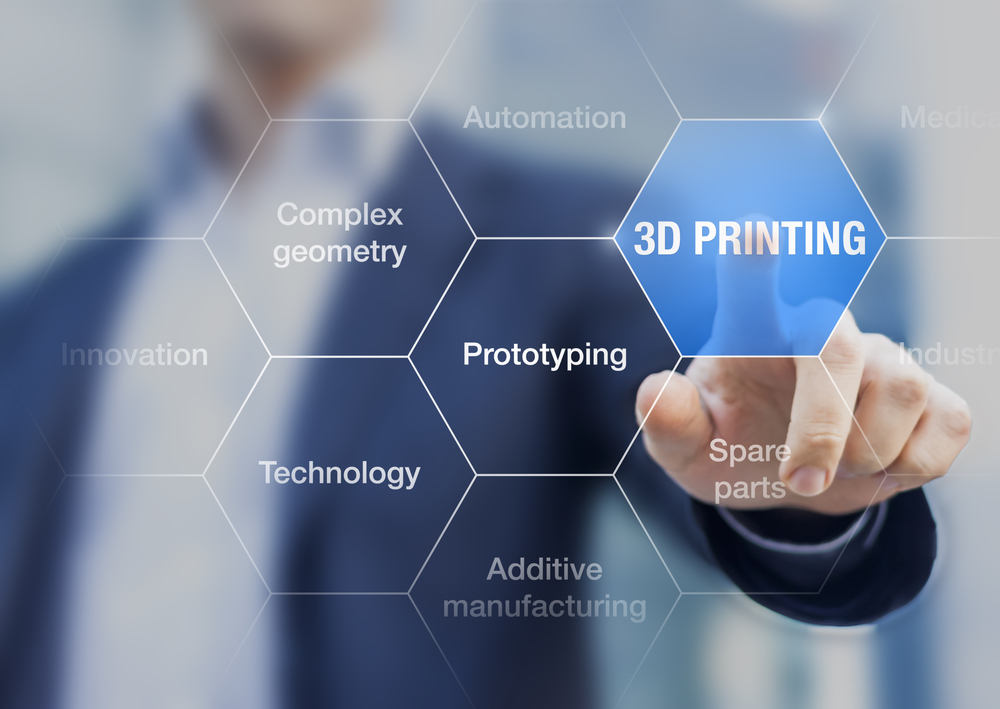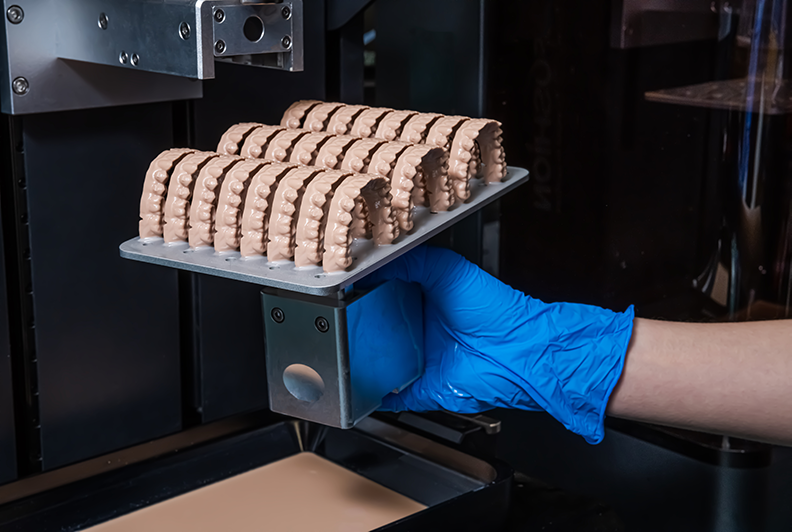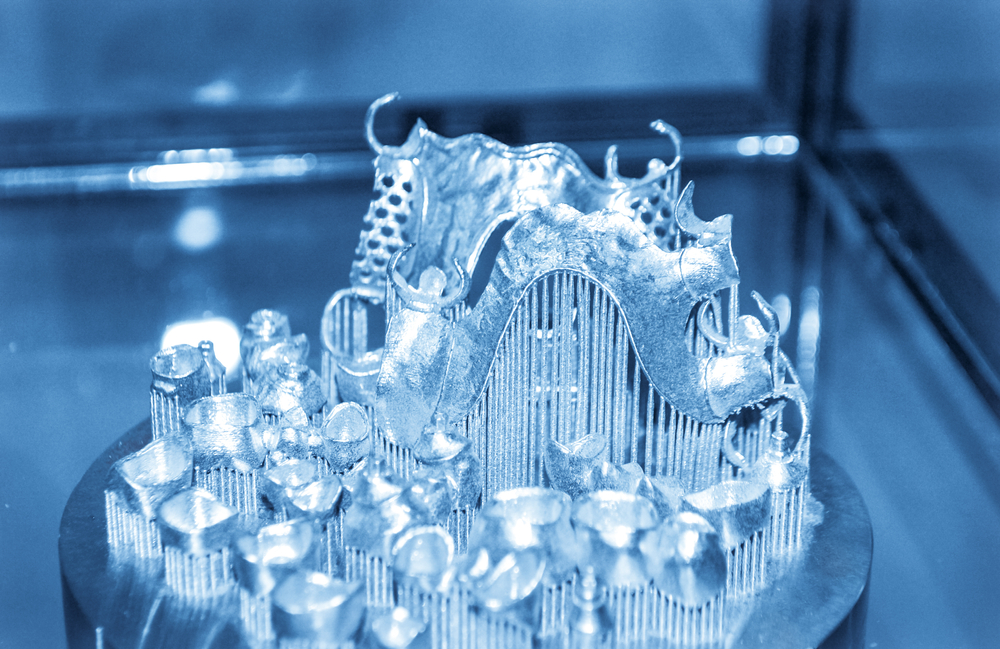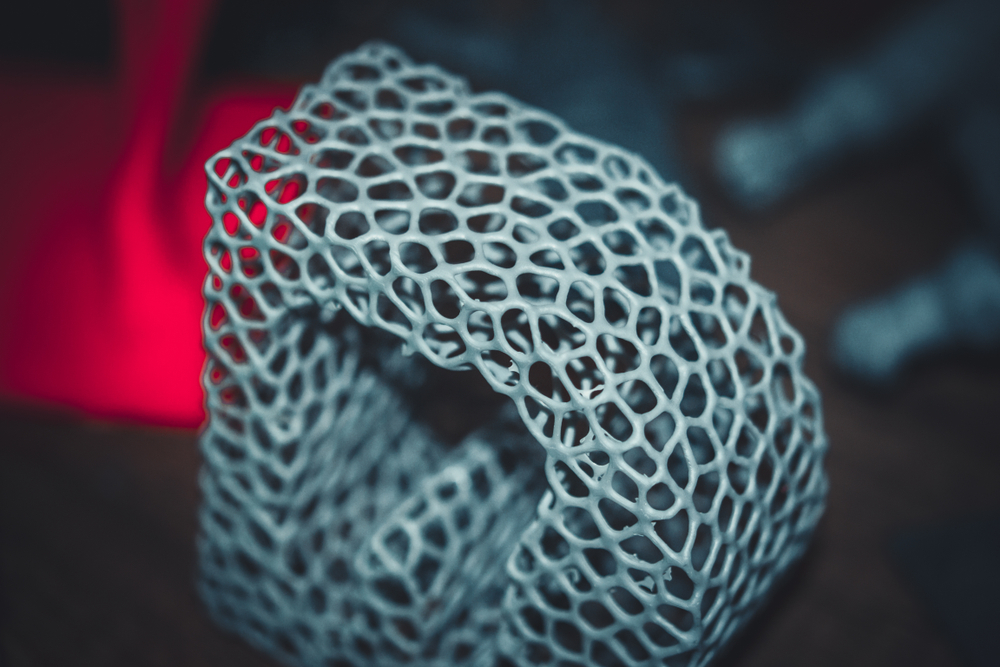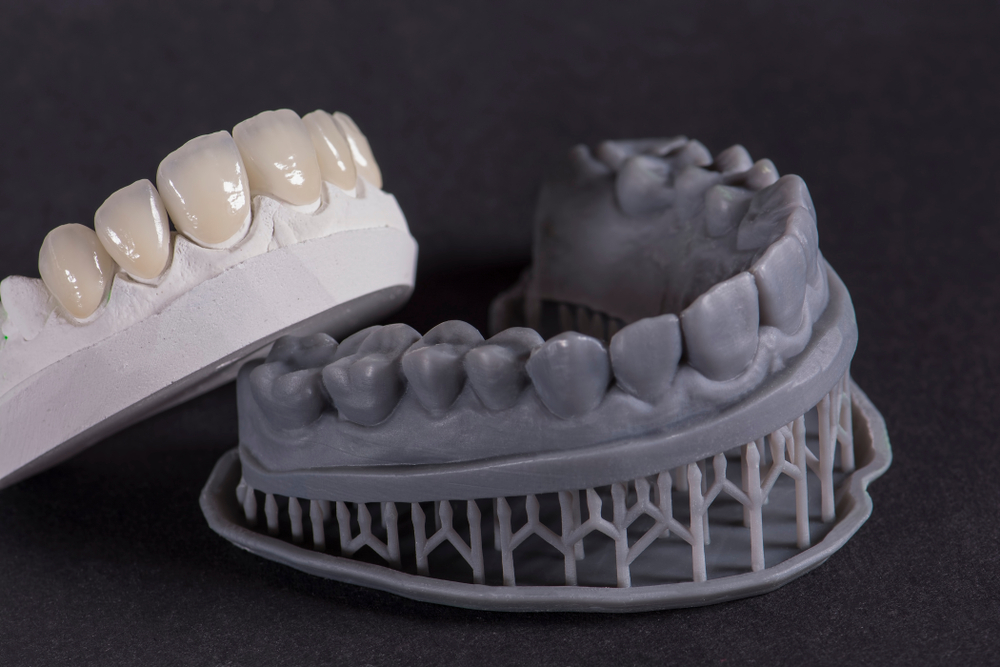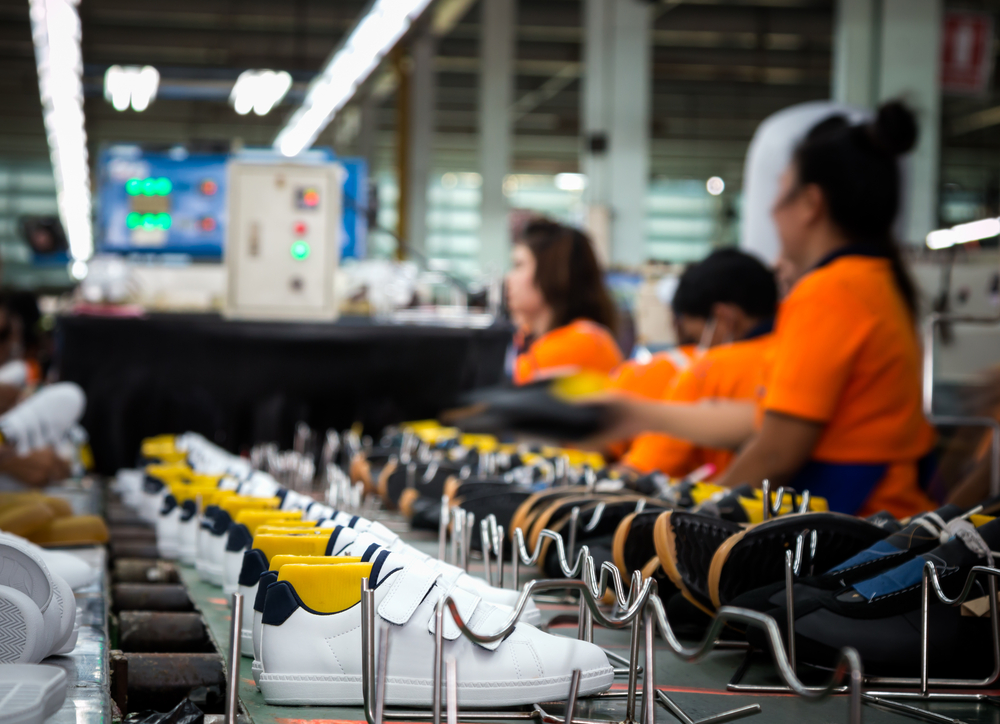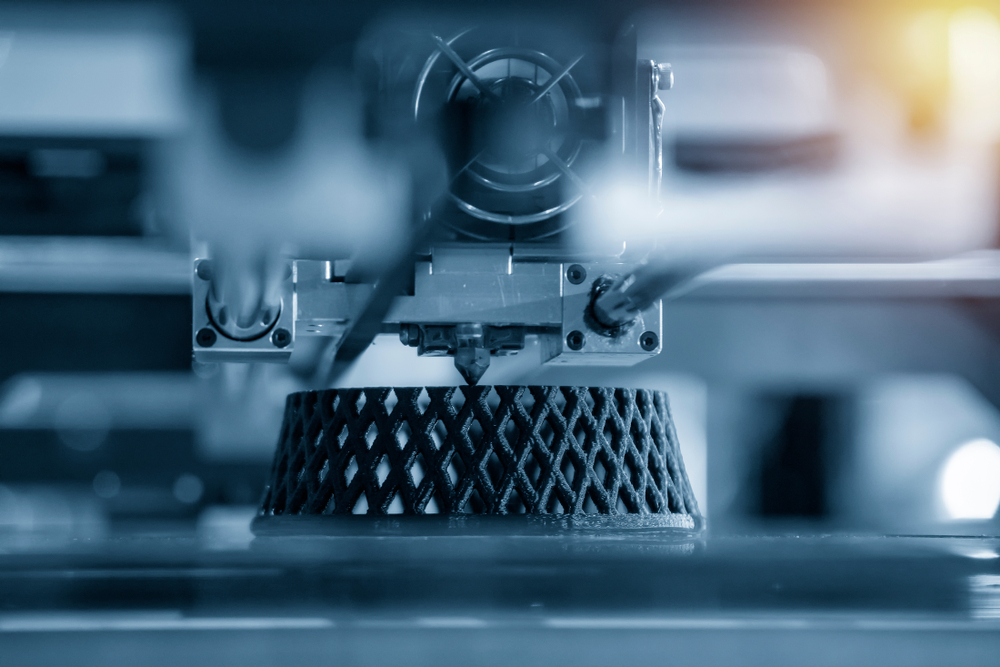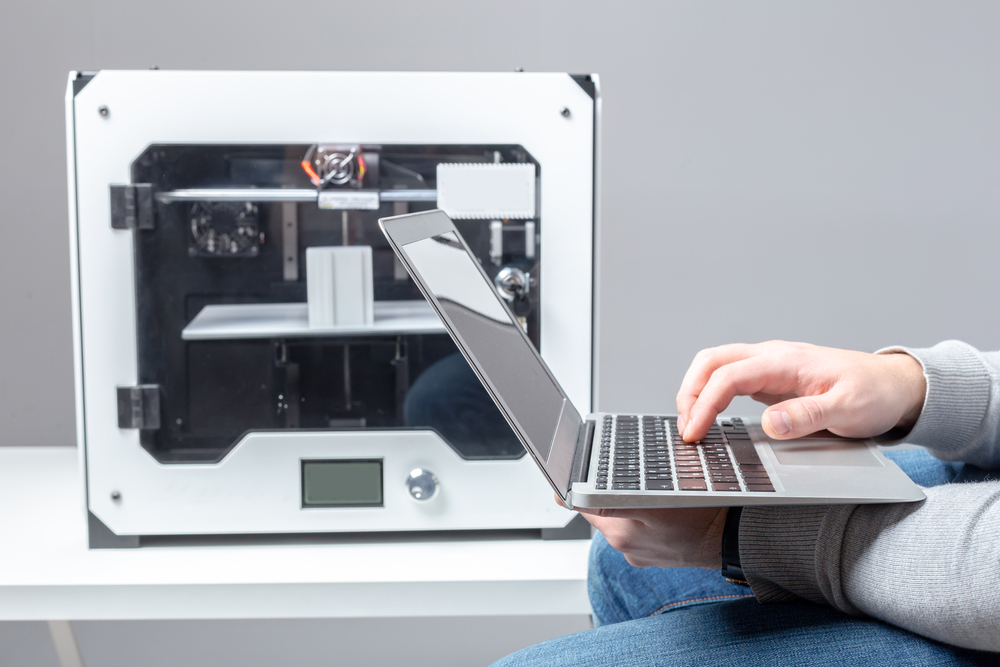3D Manufacturing
Four Advantages of 3D Printing in Dentistry
3D printing has been leading advancements in dental technology. It has enabled the clear aligner industry to reach a 2.31 billion dollar market size, quickened the turnaround production time of oral devices, and raised dental models’ accuracy. Dental industry professionals can benefit from integrating 3D printing solutions into their workflows.
Read MoreFour Applications of Rapid Prototyping with 3D Printing
3D printing has many rapid prototyping applications, allowing companies to accomplish more in less time without sacrificing product quality. Today’s 3D printing systems require no tooling and support a broad range of materials, so designers can enable rapid functional prototyping and make faster transitions to full-scale manufacturing.
Read More3D Printing in Dentistry: Outsourcing, Bringing In-house, or Both?
3D printing technology is transforming the dental industry for providers and patients. Both dentists and orthodontists have been leveraging 3D printers to create durable, customized appliances with increased frequency year…
Read MoreSLA vs. DLP 3D Printing
Today, the 3D printing field has advanced in accuracy, product complexity, and the number of available processes. Companies can scale the production of complex products to high volume using two processes: stereolithography (SLA) and digital light processing (DLP).
Read MoreFDM vs. DLP 3D Printing
Two common 3D printing processes are fused deposition modeling (FDM) and digital light processing (DLP). Each of these 3D printing processes is best suited to specific product applications. Anyone interested in using 3D printing for their next product should understand the differences between FDM vs. DLP 3D printing. DLP processes and systems enable the manufacturing of products like dental appliances, medical devices, and footwear. With greater speed, better surface finishing, and isotropic material properties DLP may be a better choice for companies looking to decrease product development time, de-risk manufacturing operations, and create unique business models.
Read MoreApplications of 3D Printing in Dentistry
With the increasing availability of advanced materials for 3D printing, the range of printable dental appliances continues to expand. Applications of 3D printing in dentistry already include implants, models, guides, surgical tools, and PPE. Dental care providers utilizing such applications are enabling faster, more responsive service and better patient care.
Read MoreHow to Automate Footwear Manufacturing
In recent years, advancements in 3D printing technology are streamlining the manufacturing process. Footwear companies are leveraging 3D printers to optimize operations, enabling fully-functional prototypes and increased design freedom. 3D printing improves the footwear manufacturing process with greater automation, and 3D printed footwear is projected to globally generate over USD 1 billion by 2023 and USD 6.5 billion by 2029.
Read MoreGuide to the Ideal Additive Manufacturing Process
Additive manufacturing is often associated with low-volume production or prototyping. Some 3D printers are developed for the sole purpose of rapid prototyping. Still, innovations in 3D printing technology have made high-volume production both feasible and often the best solution for accelerating a new product to market. 3D printing has no tooling costs and very few design limitations. Companies can implement 3D printing solutions from innovation through production, eliminating certain drawbacks associated with traditional manufacturing.
Read MoreWhat is 3D Printing, Additive Manufacturing, and Rapid Prototyping?
Dentists, aerospace engineers, footwear manufacturers, and other industries utilize 3D solutions to streamline production processes, expand design possibilities, create better-performing products, and enable a more resilient supply chain.
Read MoreHow 3D Printing Is Improving the Footwear Manufacturing Process
Traditional footwear manufacturing is a time-consuming process that often limits designs. With high tooling costs and production limitations, initial designs, tooling, and prototyping can take months to complete and require significant investments. The final product design must fit the production method, and processes, like injection molding, can constrain the design. Products need to be developed so that tools can be built for mass production. Designers who work with injection molding must often reconfigure their product layouts to meet production criteria after the prototyping stage.
Read More

